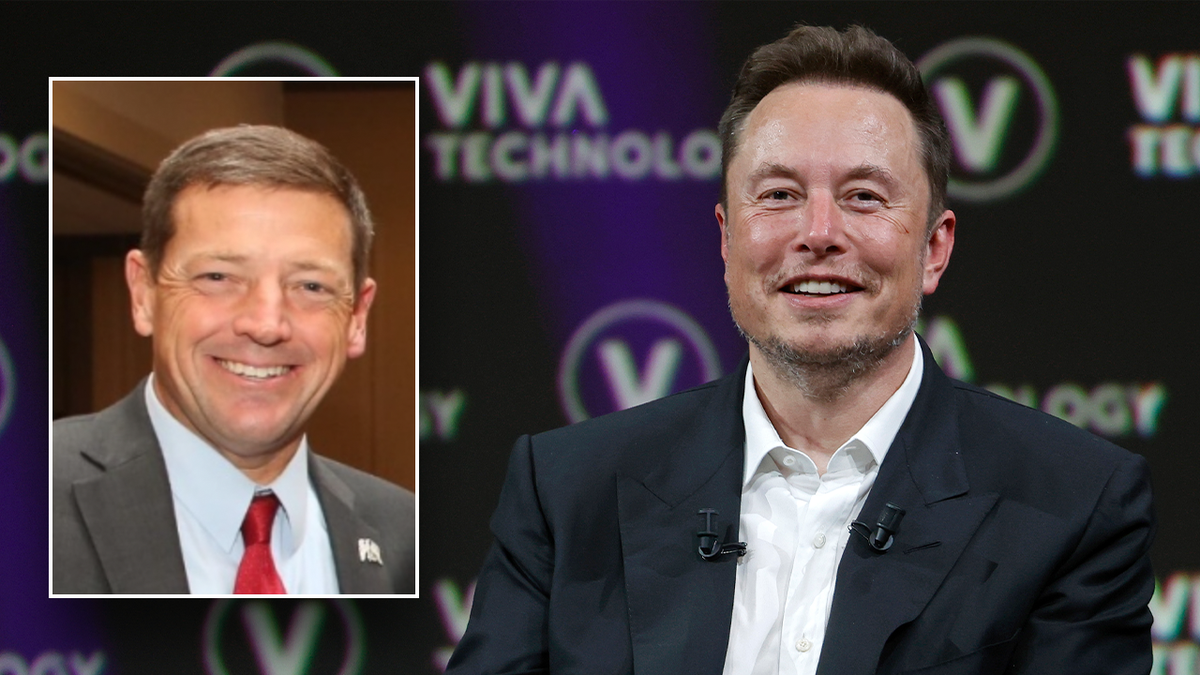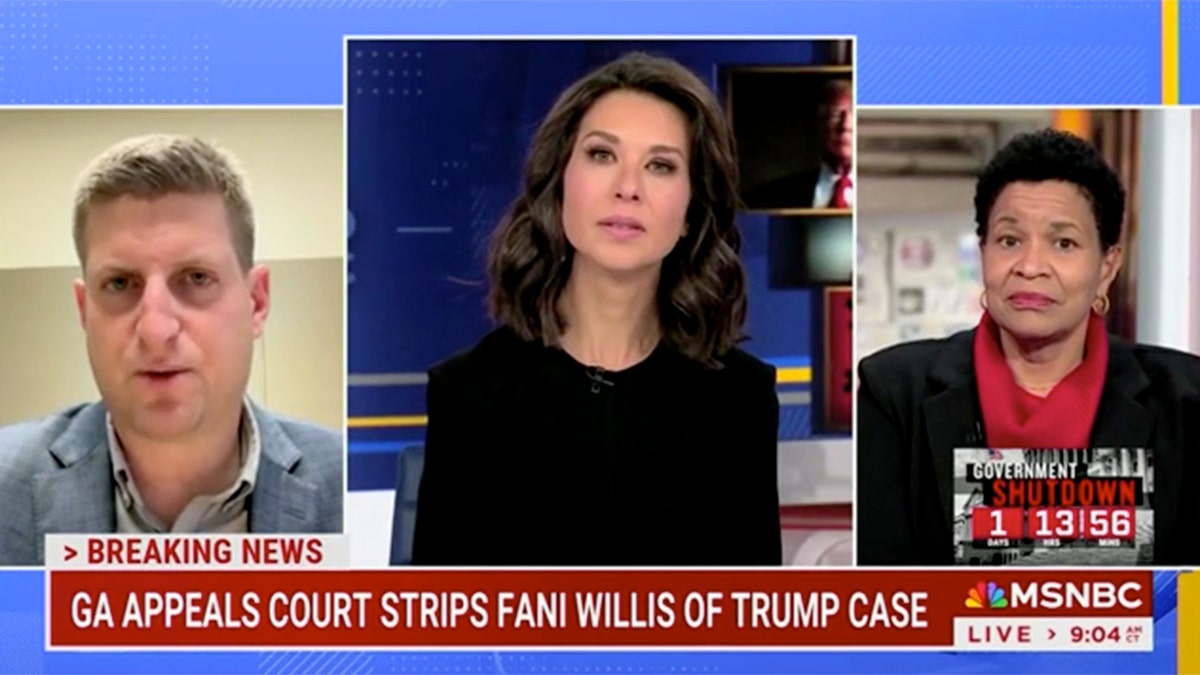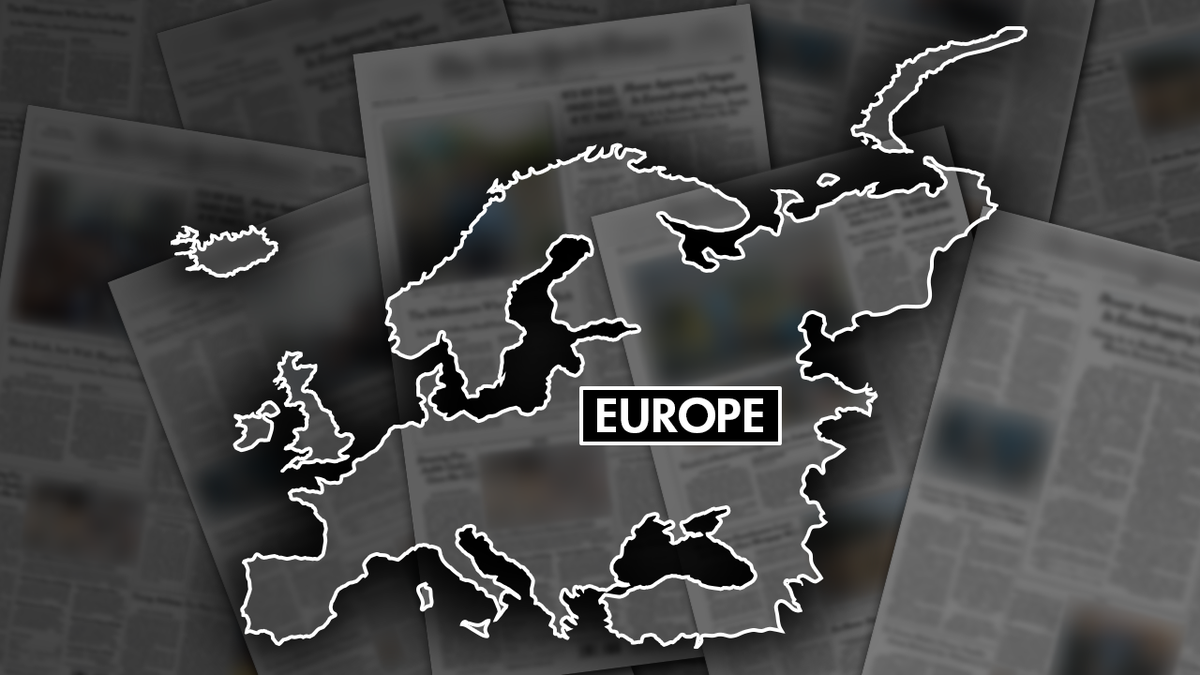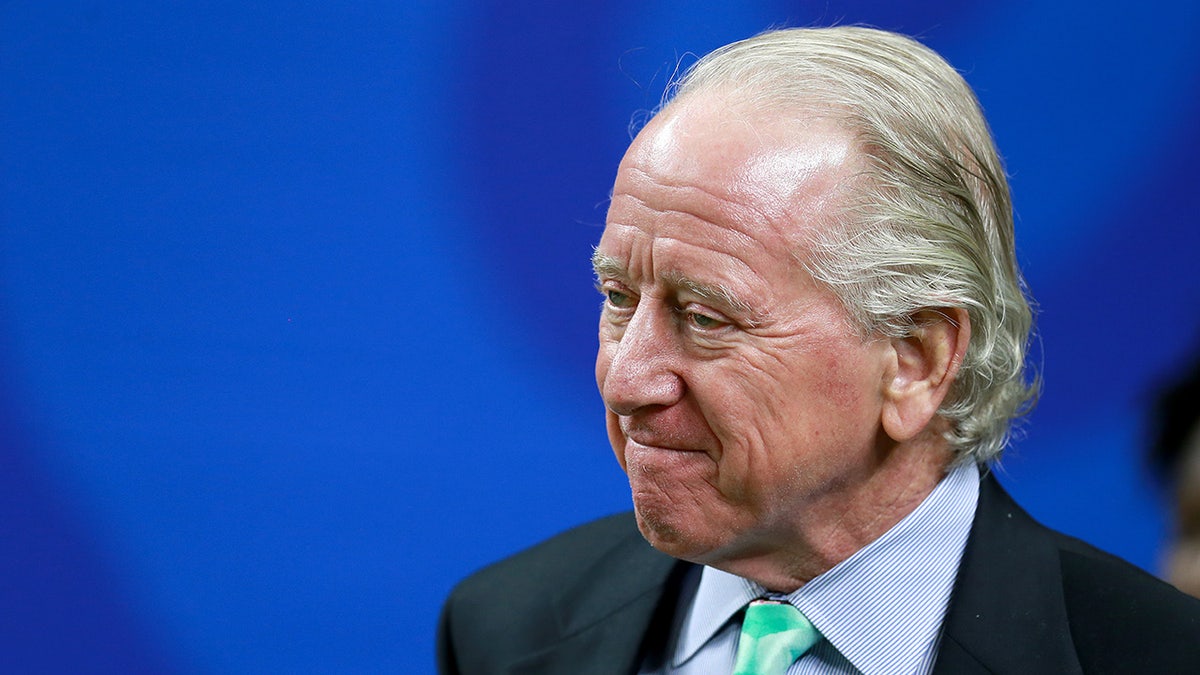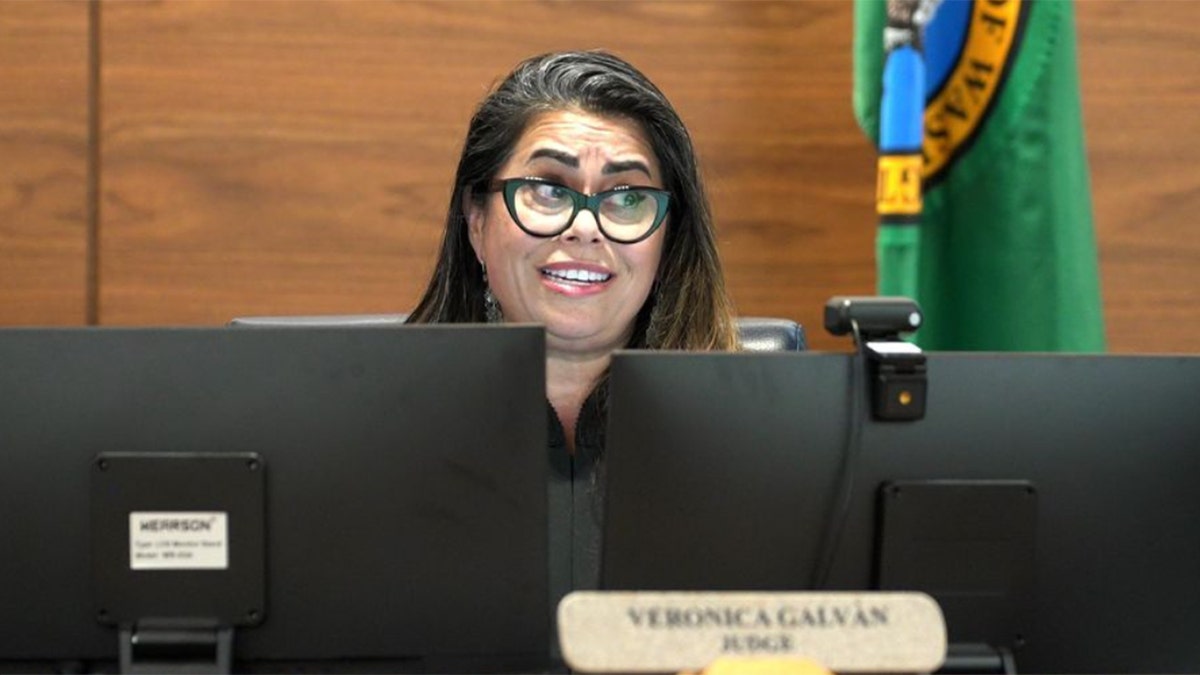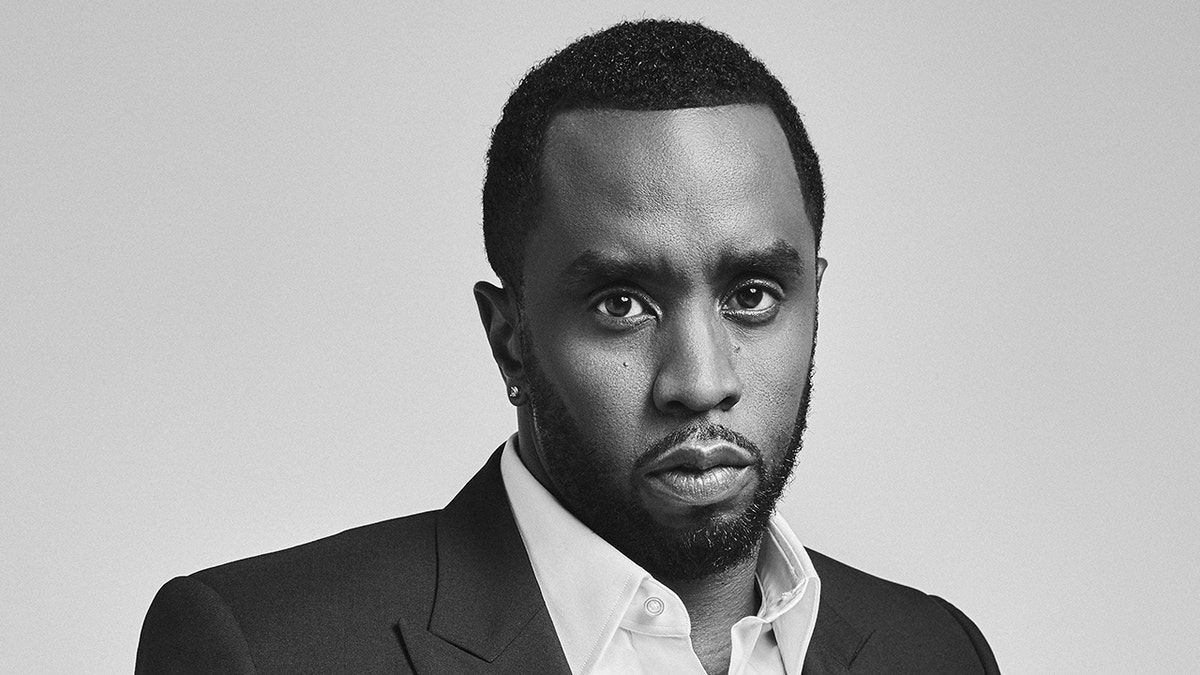Eleven-year-old Razia Sultan, daughter of jailed Kashmiri separatist leader Mohammed Yasin Malik, delivered a moving appeal before the regional legislative assembly in Muzaffarabad, the capital of Pakistan-administered Kashmir. She pleaded with the Indian government to permit her to see her ailing father, who is serving a life sentence in India.
In a televised address, the young Sultan expressed her deep longing to connect with her father. "I was only two when we last met," she shared. "Now, at eleven, I desperately miss him and yearn to hear his voice." She warned Indian Prime Minister Narendra Modi that she would hold him personally accountable for any harm that befell her father. Sultan maintains her father's innocence, asserting that he was unjustly convicted in a fabricated case and expressing hope for his eventual release.

Malik, 57, was apprehended in 2019 and subsequently sentenced to life imprisonment last year by an Indian court on charges of terrorism and sedition. His arrest sparked widespread protests and clashes with police in Indian-controlled Kashmir. More recently, the Indian National Investigation Agency petitioned the New Delhi High Court to impose the death penalty on Malik, a matter that remains pending before the court.
Throughout his trial, Malik maintained his stance as a freedom fighter, rejecting the charges against him. He declared his willingness to accept the consequences for pursuing "azadi" (freedom). Malik formerly led the now-proscribed Jammu and Kashmir Liberation Front, one of the earliest armed rebel groups in Indian-controlled Kashmir. He later transitioned to peaceful advocacy for an end to Indian rule in the region. In 2009, he married Mushaal Hussein in Pakistan, where their only child, Razia Sultan, was born.
The Kashmir region is divided between Pakistan and India, both of which claim it in its entirety. This contested territory has been the cause of two wars between the nations. Since 1989, rebel groups have been fighting for Kashmir's independence from India or its integration with Pakistan. The majority of Muslim Kashmiris support the rebels' objective of unifying the territory, either under Pakistani governance or as an independent nation.

